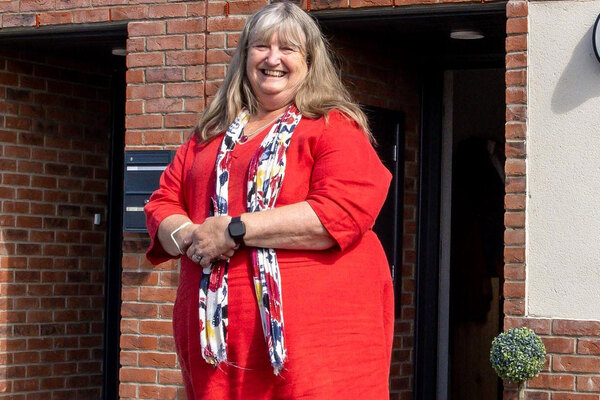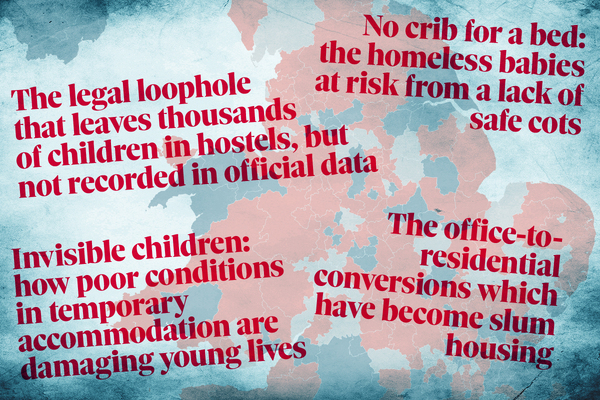You are viewing 1 of your 1 free articles
Protecting domestic abuse survivors from data breaches
We are surveying housing providers to find out how data protection features in their domestic abuse policies, writes Kelly Henderson, founder and managing director of Addressing Domestic Abuse
Last month saw the introduction of the updated consumer standards from the Regulator of Social Housing. For the first time, the Neighbourhood and Community Standard set out expectations on landlords in relation to domestic abuse, including having a domestic abuse policy.
At Addressing Domestic Abuse (ADA), our work involves supporting landlords in developing their approaches to domestic abuse, as well as their domestic abuse policies.
As part of their approach, providers need to consider how they interact with victim-survivors on all housing matters – such as allocations, repairs and rent arrears, for example – to avoid inadvertently putting them in danger.
I conducted a focus group with women in a women’s refuge where women shared examples of contact that had impacted on their ability to take up a property due to safety fears.
These included an offer of property letter being sent to the home a woman had previously shared with the abuser before entering the refuge. For another, messages were left on an answering machine at the home she had previously shared. This resulted in both women being unable to accept these crucial offers of property.
The Information Commissioner’s Office (ICO) has reprimanded organisations, including housing providers and local authorities, in relation to data breaches when responding to domestic abuse. Publishing a report in 2023, the ICO said it had issued seven reprimands in the 14 months prior to September 2023, some of which included housing providers.
“The Information Commissioner’s Office has reprimanded organisations, including housing providers and local authorities, in relation to data breaches when responding to domestic abuse”
One example was of a housing provider that was supporting a woman seeking re-housing to escape domestic abuse. The landlord responded by offering the woman a property via telephone. However, the number they had registered for her was her husband’s mobile number.
Leaving a message on the allegedly abusive husband’s mobile phone meant he was alerted that his wife was trying to leave him and able to visit the new home that she had hoped to move into, meaning it was not safe for her to accept the property.
Many organisations will be reviewing their approach to domestic abuse and their policies in light of the inclusion of domestic abuse in the regulator’s consumer standards. This presents an ideal opportunity to ensure that such policies and procedures include the importance of reviewing information with victim-survivors and ensuring case management and customer contact information is correct.
The ICO has recommended double checking contact information and pointed out that many data breaches occur due to human error when staff have not checked details thoroughly.
“The ICO has recommended double checking contact information and pointed out that many data breaches occur due to human error when staff have not checked details thoroughly”
It stated that organisations should take steps to ensure the data held is accurate. This may include regularly checking with tenants that information and preferred methods of contact are correct so that housing providers do not mistakenly send to or use a previous address, email address or contact number that the perpetrator may be able to access.
At Addressing Domestic Abuse, we are asking housing providers to complete our anonymous survey to get a picture of how housing providers are responding to protecting data within their domestic abuse policies. Early findings show that 83% of providers said their domestic abuse policies and procedures did cover issues around data protection and that they advise staff of the approach they should take.
We are planning some good practice domestic abuse policy sessions where we will cover this in much more detail. Please contact kelly@addressingdomesticabuse.com for more information on the sessions.
Sign up for our care and support bulletin
Already have an account? Click here to manage your newsletters













